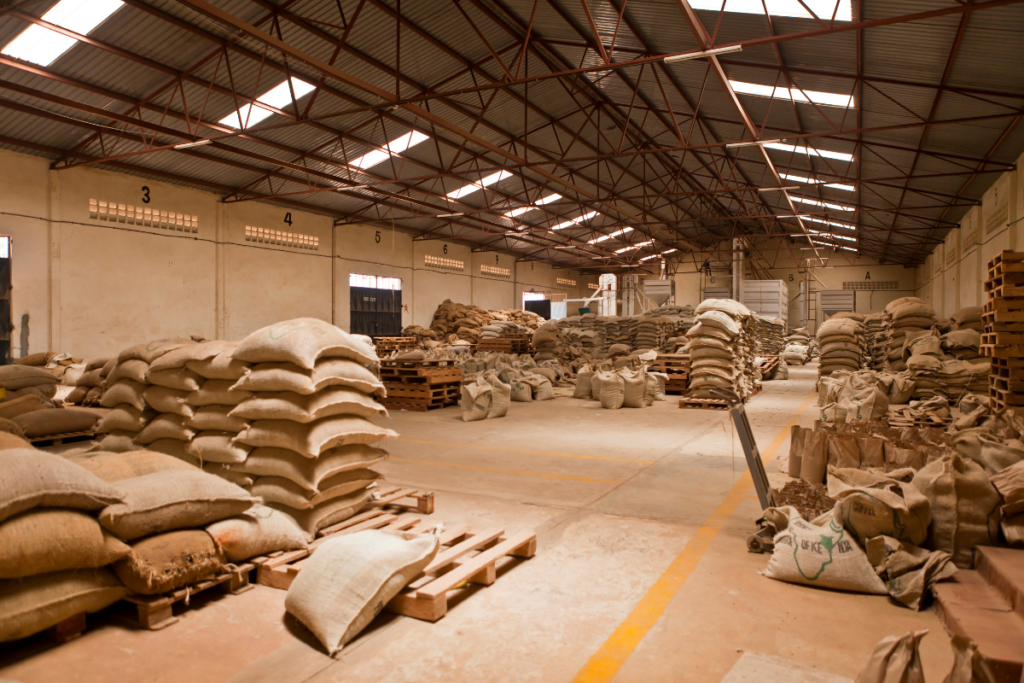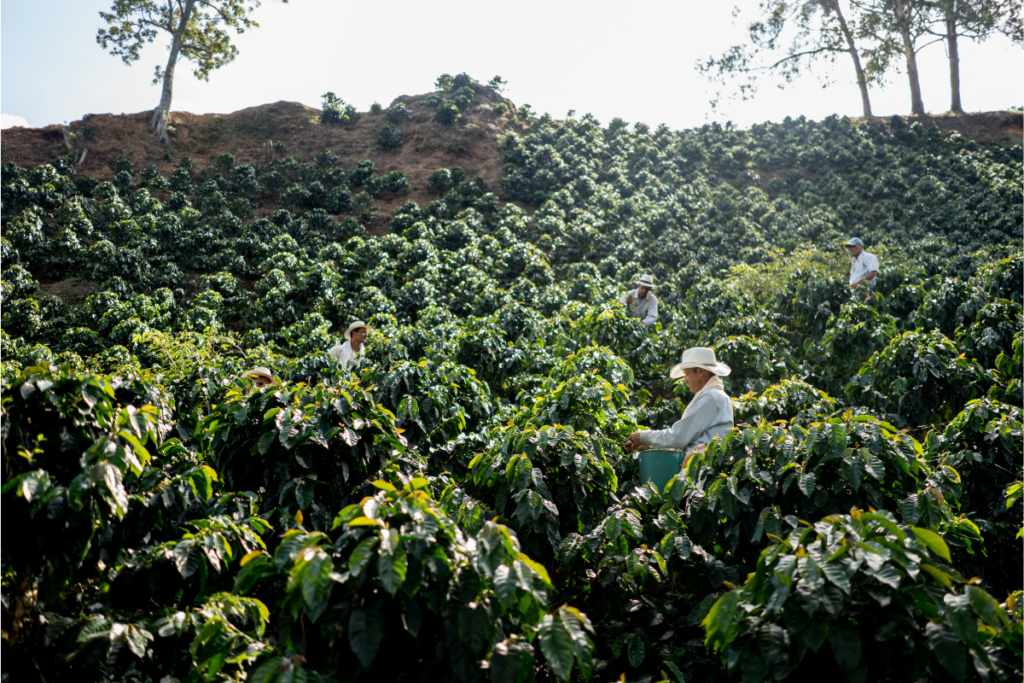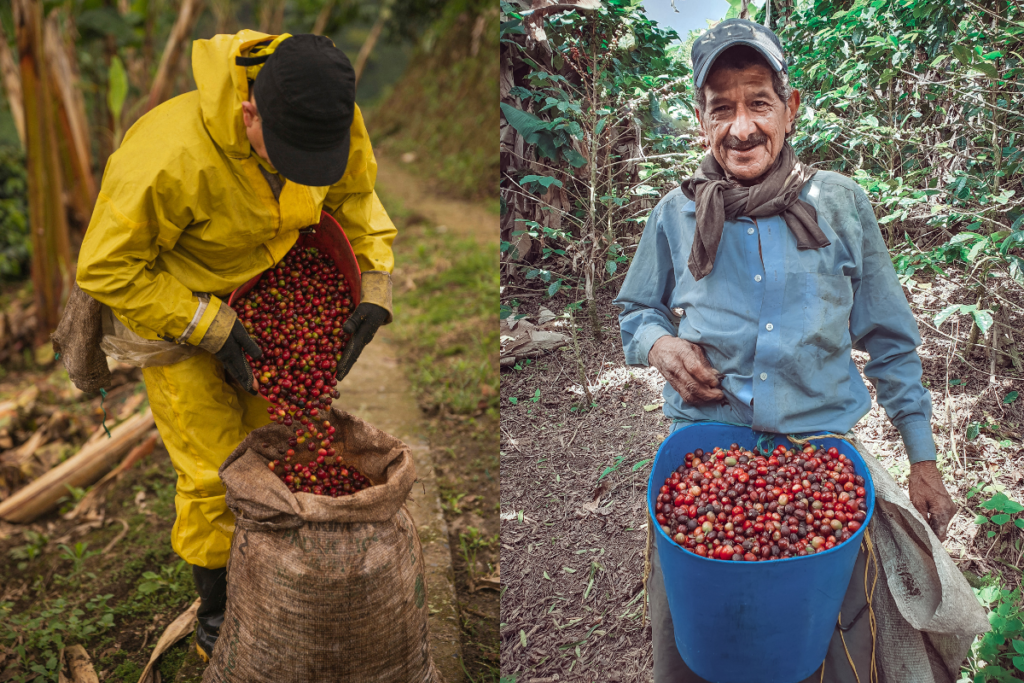
Specialty coffee sourcing refers to the process of finding and purchasing specialty green coffee beans from coffee-producing regions around the world. Successful specialty coffee sourcing involves identifying high-quality specialty coffee beans that meet specific flavor profiles, sustainability criteria, and ethical standards. Here’s what’s needed to do it successfully:
- Understanding of Coffee Origins: A deep understanding of coffee origins, including the geographical regions, climate conditions, and varietals grown in each area, is essential for successful sourcing. Different coffee-growing regions produce beans with distinct flavor profiles and characteristics, so it’s important to know where to find the types of coffee that align with your preferences and objectives.
- Direct Relationships with Producers: Building direct relationships with coffee producers and cooperatives is crucial for sourcing high-quality beans and ensuring transparency and traceability in the supply chain. Direct trade relationships allow buyers to establish mutually beneficial partnerships with producers, fostering trust, collaboration, and long-term sustainability.
- Quality Assessment and Cupping Skills: Developing strong cupping skills and the ability to assess specialty green coffee quality is essential for successful sourcing. Cupping involves systematically evaluating the aroma, flavor, acidity, body, and aftertaste of brewed coffee, allowing buyers to identify coffees that meet their quality standards and flavor preferences.
- Quality Control and Consistency: Implementing rigorous quality control measures throughout the sourcing process is necessary to ensure consistency and uniformity in the specialty coffee beans purchased. This includes assessing factors such as bean size, density, moisture content, and defect levels to maintain high-quality standards and minimize variability between batches.
- Sustainability and Ethical Considerations: Successful coffee sourcing requires a commitment to sustainability and ethical practices, including fair wages, labor rights, environmental stewardship, and community development initiatives. Buyers should prioritize working with producers who adhere to ethical and sustainable farming practices and support initiatives that promote social and environmental responsibility in the coffee industry.
- Market Knowledge and Price Negotiation Skills: Staying informed about market trends, pricing dynamics, and supply chain challenges is essential for successful coffee sourcing. Buyers should be able to negotiate fair prices with producers while ensuring that they receive value for their investment and that producers are adequately compensated for their work.
- Logistics and Supply Chain Management: Effective logistics and supply chain management are critical for ensuring that coffee beans are sourced, transported, and delivered to their destination in a timely and efficient manner. This includes coordinating shipping logistics, managing inventory levels, and mitigating risks such as delays, damage, or loss during transit.
By combining these factors and approaches, specialty green coffee buyers can successfully source high-quality specialty coffee beans that meet their flavor preferences, sustainability goals, and ethical standards, while fostering positive relationships with specialty coffee producers and contributing to the long-term viability of the coffee industry.


